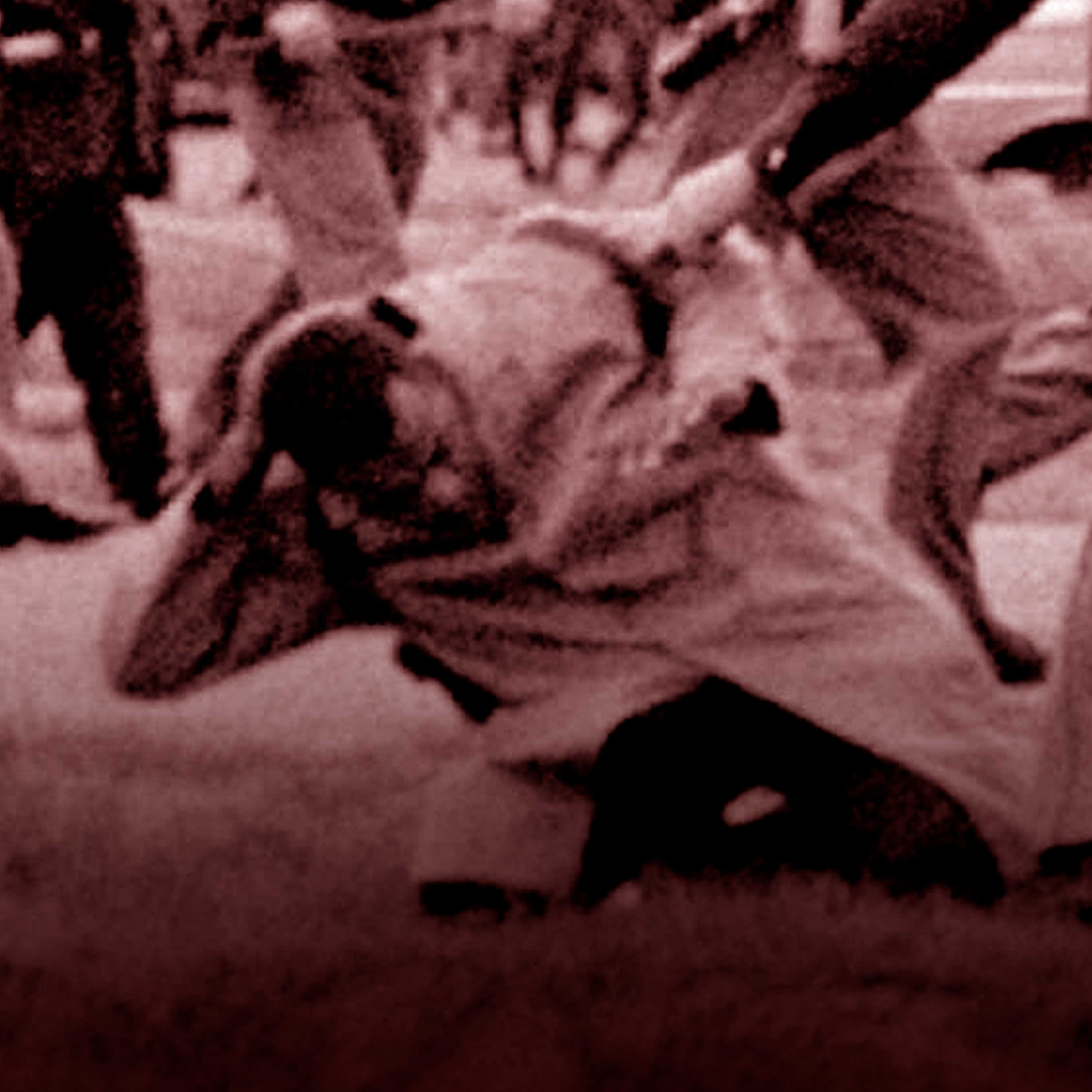Cape Up: Voices of the Movement
Subscribed: 29Played: 144
Subscribe
© The Washington Post
Description
The veterans of the civil rights movement made history, but they are eager for you to know something: They didn’t set out to be heroes or icons. On two recent occasions, these brave men and women gathered to reflect on their experiences and the legacy they're leaving. Some of them are names you know, some aren’t — but all of them have stories that need to be told while they're still here to tell them. This series from the “Cape Up” podcast brings you the stories and reflections of some of these leaders, and their lessons on where we go from here.
9 Episodes
Reverse














